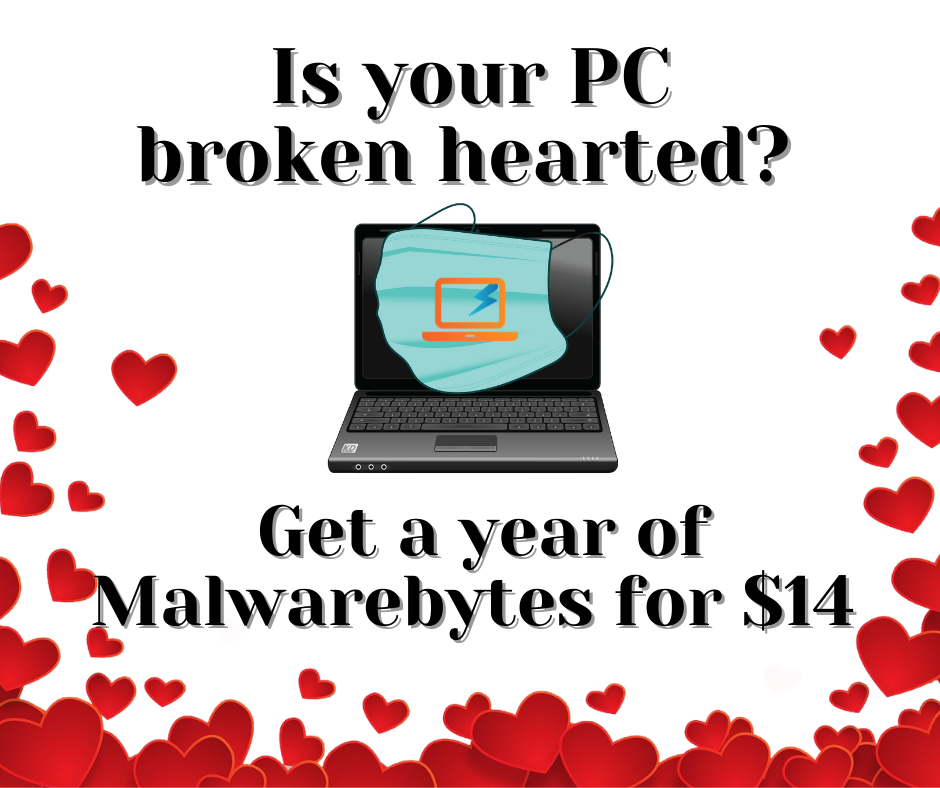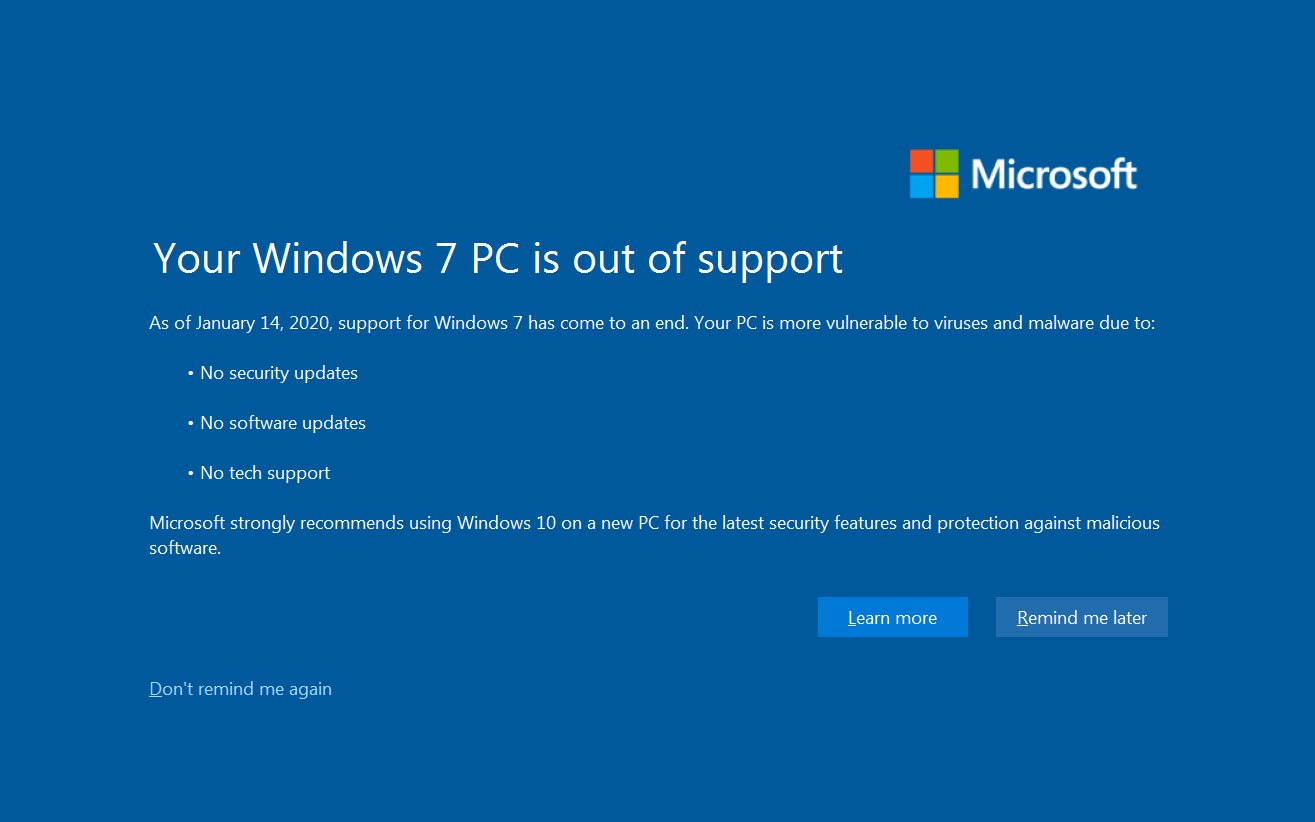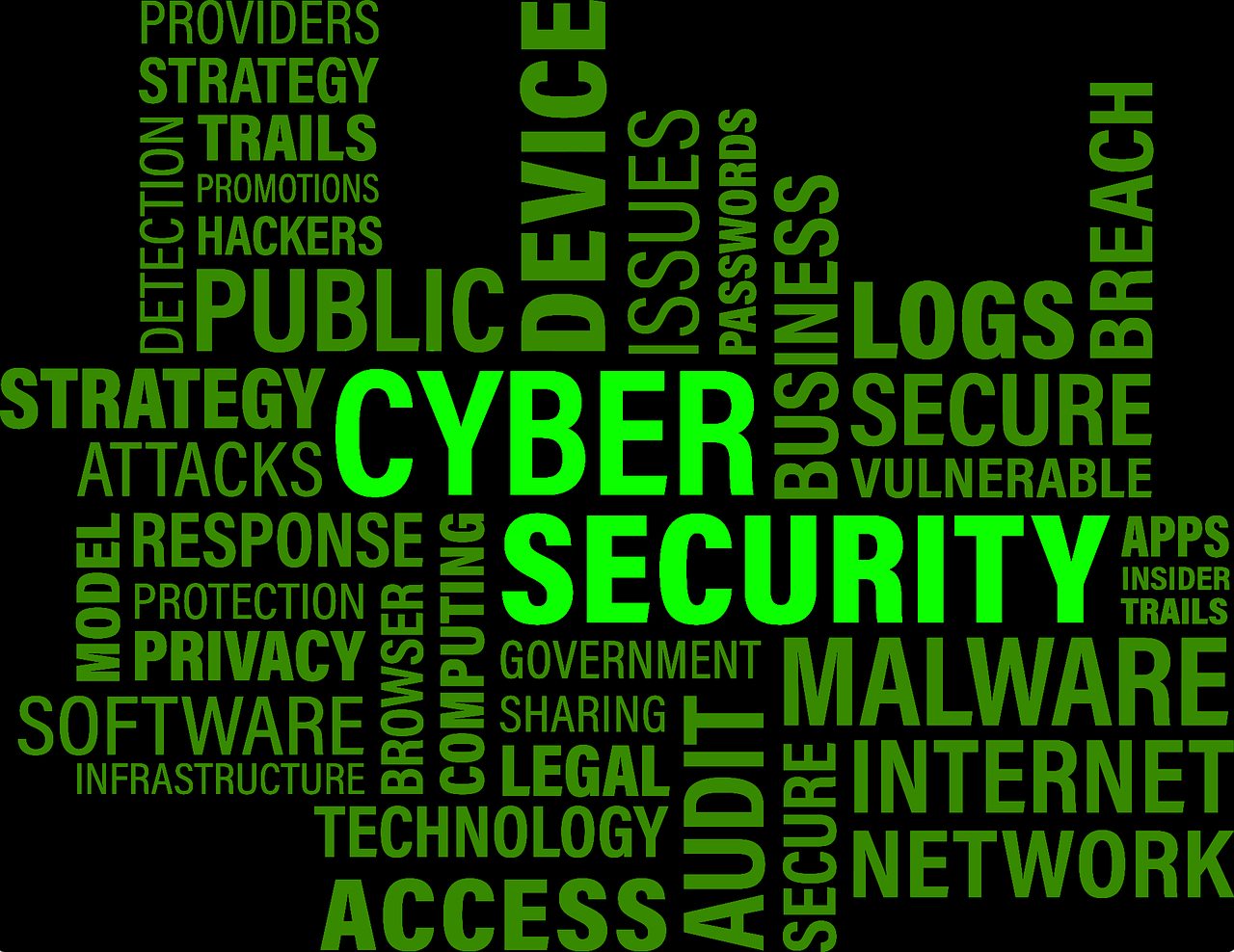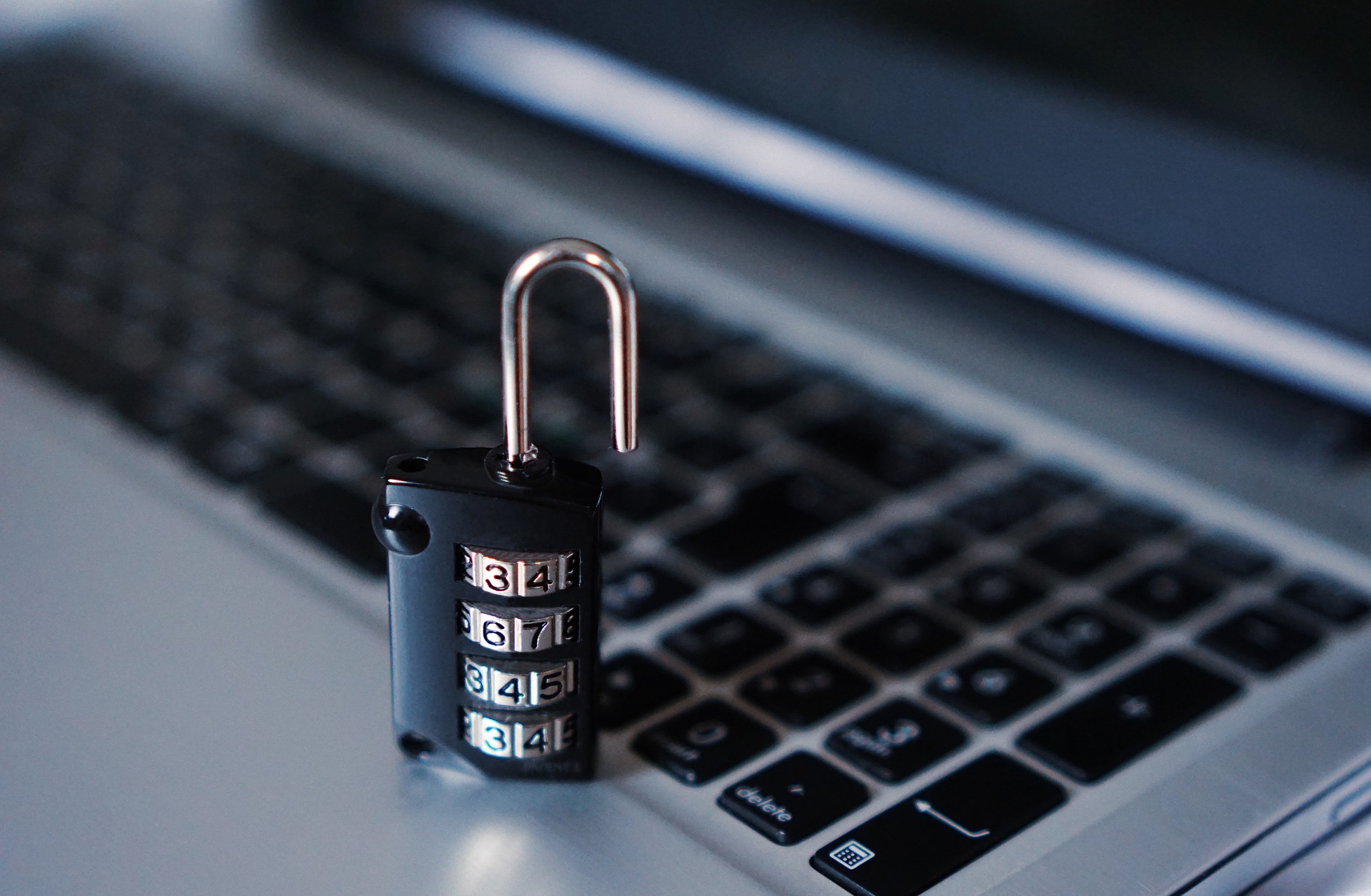How Bad is Malware?
Malware is an umbrella term for any form of “malicious software,” including viruses, spyware, and ransomware. There are also a number of ways to get infected with malware, like phishing emails, Trojans, and hacking attempts. Either way, once malware is on your device, it might steal your identity, install unwanted programs, or hold your files for ransom.
Malware only exists to attempt to exploit your device or personal data in some manner, for example, stealing your online banking details – but sometimes it effectively represents random acts of virtual violence, such as a virus which just nukes your entire system.
So yes, it can be dangerous – which we’ll discuss further in a moment – and to defend against some of the disastrous potential scenarios malware can bring about, it’s a good idea to use antivirus to protect your PC.
How do I know if I'm infected with malware?
Look for issues characteristics of a malware infection:
- Does your web browser freeze or become unresponsive?
- Do you get redirected to web pages other than the ones you are trying to visit?
- Are you bombarded with pop-up messages?
- Does your computer run slower than usual?
- Do you see new icons on your desktop that you don't recognize?
Call or come in today. You can get a full year of premium protection for only $14, this month only.
Windows 7 - No Support - No Security
Microsoft made a commitment to provide 10 years of product support for Windows 7 when it was released on October 22, 2009. This 10-year period has now ended, and Microsoft has discontinued Windows 7 support so that we can focus our investment on supporting newer technologies and great new experiences. The specific end of support day for Windows 7 was January 14, 2020. Technical assistance and software updates from Windows Update that help protect your PC are no longer available for the product. Microsoft strongly recommends that you move to Windows 10 to avoid a situation where you need service or support that is no longer available.
If you continue to use Windows 7 after support has ended, your PC will still work, but it will be more vulnerable to security risks and viruses. Your PC will continue to start and run, but will no longer receive software updates, including security updates, from Microsoft.
Call or come in today to get your computer checked out and upgraded.
Save on Repairs & Upgrades
During the month of November, before the Holidays hit and family & friends arrive, Take some time to get your computer repaired or upgraded. We can speed up that old outdated hard drive with a new SSD and transfer all your data. Need a screen replaced? Keyboard missing keys? We've got you covered. Is your computer acting strangely? Is it crashing more often, popping up annoying ads even while you are browsing trusted sites, or trying to download and launch programs you don't want it to? Yes, we can handle that as well!
Come on in, no appointment needed. Save $20 on any repair this month
NSA Warns About Microsoft Exchange Flaw as Attacks Start
The NSA warned, via a tweet published on their Twitter account, about a post-auth remote code execution vulnerability in all supported Microsoft Exchange Servers. The tweet reminded users to patch the CVE-2020-0688 vulnerability which allows potential attackers to execute commands using e-mail credentials. Microsoft tagged this patch with an "Exploitation More Likely" exploitability index assessment. Click here
If you need help with your network or Server contact ETV Software.
March 10, 2020
Questions CEOs Should Ask About Cyber Risks
As technology continues to evolve, cyber threats continue to grow in sophistication and complexity.
CEOs should ask the following questions about potential cyber security threats:
- How could cyber security threats affect the different functions of my business?
- What type of critical information could be lost?
- How can my business create long-term resiliency to minimize our cyber security risks?
- What kind of cyber threat information sharing does my business participate in? With whom does my business exchange this information?
- What type of information sharing practices could my business adopt that would help foster community among the different cyber security groups where my business is a member?
For an in depth look at this article https://www.us-cert.gov/ncas/tips/ST18-007
ETV Software, Inc., provides network security and risk assessments to your business. Call or visit us for more information.
Windows 7 Support Ends Today
Today is the last day Microsoft plans to provide security updates and bug fixes for its 10+ year old Windows 7. It's seems a bit crazy, but Windows 7 is a product of 2009. That Microsoft has supported it this long is pretty impressive, especially in this day and age where most smartphones are lucky to see two years of support.
The ending of Windows 7 support is actually a pretty serious issue for home and business users alike. Windows is one of the most prolific pieces of software on the planet, and, since it runs your computer, one of the most powerful. That means it is one of the most highly targeted by virus writers and hackers. With the rise of remote support scams, where someone calls you pretending to be from "Microsoft" only to steal your files or install a virus on your computer, and with the increasing prevalence of ransomware locking down everything from hospitals to entire cities, it's more important than ever to be as up to date as possible.
Fortunately, it's not too late to upgrade your PC to Microsoft's latest version of Windows, Windows 10. For the last year or more, Microsoft had been offering free upgrades to almost everyone, but even now there can still be options to upgrade at a reduced price or even free depending on a number of factors. To keep you secure as possible, give us a call today and we can help you find the most cost effective way to upgrade from Windows 7 to Windows 10.
Ransomware Worst Case Scenario
Ransomeware attacks are growing in strength and severity each year. When a ransomware virus hits your business, it encrypts all your files locking them behind a password that only the ransomware's creators know. Modern ransomware will try and shut off your anti-virus programs and will even try and encrypt any files and backups you might have on your company's network. What does a ransomware attack look like in practice? Look no further than the city of Baltimore for a worse case scenario.
On May 7th, Baltimore city computers picked up a ransomware virus which jumped from computer to computer and city department to city department. The first indication of trouble came when the city's email went down unexpectedly. As the virus locked down more and more computers, additional city systems such as payment gateways, water billing, and the city government's internet connected phones went down one after another. Baltimore's Information Technology department was all but powerless to quickly fix the compromised systems. Their only option was to take most of the city's unaffected networks offline to prevent the ransomware from spreading.
Ten days later, with most of Baltimore's government departments shutdown or doing what business they can without the use of their computer systems, there is still no end in sight. In one of his latest statements on the ransomware attack, Baltimore's mayor noted that they hoped to have some government functions back to normal "within a matter of weeks" while some city departments might take months to restore normal. Imagine if your business wasn't going to be able to function for weeks or months.
Fortunately, while large city governments are usually slow to react and take months or years to respond to new threats, you can make sure your business is well protected by taking a few relatively low cost steps:
- Make sure you have up-to-date anti-virus on all your computers. Some ransomware will try to disable your anti-virus, but by staying up-to-date, you increase the chances that a ransomware attack is stopped before it ever begins.
- Keep your computers and your applications updated. Ransomware, like most viruses, tends to prey on computers and servers running out-of-date software. Both Microsoft and Apple constantly release security updates, as do most serious software companies. Keeping up with security updates can sometimes be even more important than running a good anti-virus program.
- Most importantly, make sure that your business is keeping at least a week's worth of off-site, offline backups. By copying your data to a safe location outside of your office space and by keeping those backups separate from your normal network, you greatly increase the chances that you can quickly restore your files even if your office does get hit by a ransomware attack. Off-site backups are also an excellent way to protect your company from physical disasters like fires, water leaks, or damage caused by storms.
- If you do get hit by ransomware, call a qualified internet technology company immediately. Some forms of ransomware are easier to recover from than others. Depending on which exact virus found your network, it can even be possible to roll back the attack if you act quickly enough.
If you have questions about ransomware attacks or protecting your business with an automated backup plan, ETV Software can help.






